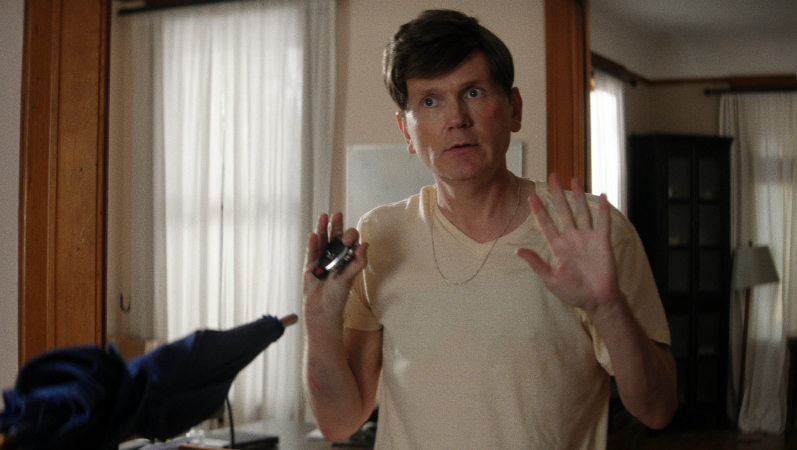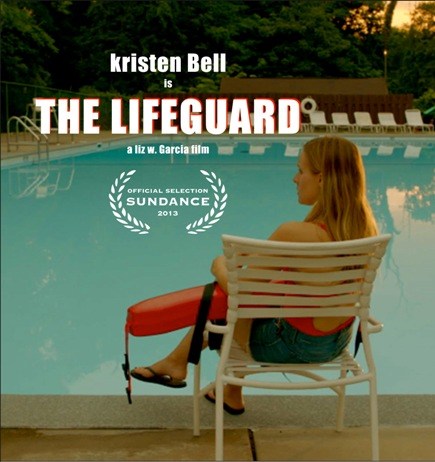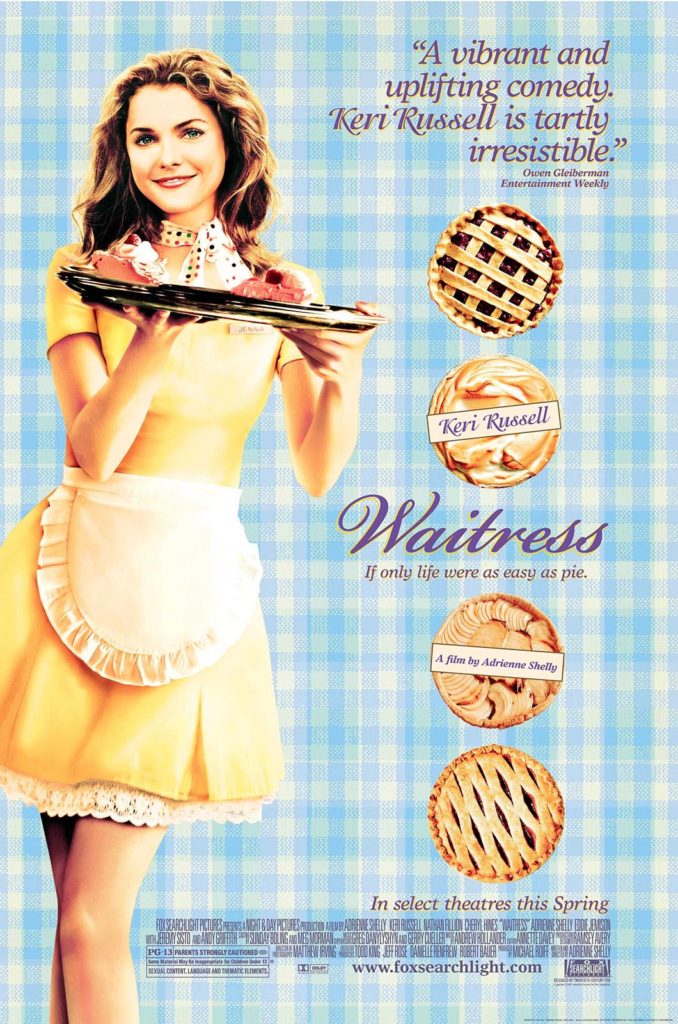As an actor, PAT HEALY has been a familiar face in independent film ever since gaining attention for two small but memorable roles in Paul Thomas Anderson’s Magnolia in 1999. Beginning as a theatre and sketch comedy performer, Healy soon built a steady career as a character actor in TV and film, including roles in such beloved indies as Ghost World, The Assassination of Jesse James by the Coward Robert Ford, The Innkeepers, Compliance, and Cheap Thrills. He makes an impact as the villain of the new Netflix Original Film Small Crimes, and is back again in another new role – one he hasn’t tried in over a decade: Actor-Director.
In Healy’s feature directorial debut TAKE ME, he plays Ray Moody, the toupee-wearing down-on-his-luck owner and operator of Kidnap Solutions, LLC, a professional simulated kidnapping business. When high-powered new client Anna St. Blair (Taylor Schilling) hires him to “kidnap” her, Ray soon finds out it may be more real than he thinks. Take Me is hot off of its world premiere at the 2017 Tribeca Film Festival, but general audiences won’t have to wait long to see it for themselves.
As part of Duplass Brothers Productions’ output deal with Netflix and The Orchard, Take Me hits iTunes and digital platforms May 2, before expanding to theaters on May 5. We had a chance to talk to Pat Healy about taking on double-duty as lead actor and director of the new dark comedy.
——
COLIN McCORMACK: You’ve directed before – you did a short back in 2000 – but what made you decide to get back into the director’s chair with Take Me?
PAT HEALY: I’ve always wanted to do this, and as a crazy cinephile I expected to do it when I came out to LA. I made this short [Mullitt], which got into Sundance in 2001, and then everyone was like, “Okay, well what do you want to do next? Where’s your script?” And I didn’t know how to write! So I started writing a script based on the short that I worked on for about five years, and I didn’t really get anywhere with it. And I wrote another script called Snow Ponies, which kind of launched my writing career. [Note: Snow Ponies landed on the 2006 Black List for most popular un-produced screenplays in Hollywood.] It’s finally getting made at the end of this year or beginning of next year, but after eleven years – this was 2006. So then I started a career as a writer, but I was writing bigger things. There wasn’t really anything anyone was going to give me money [to direct]. It would have to be a micro-budget type thing, especially as the business changed over the last ten years.
And then this kid Mike Makowsky, who was 23 at the time, I did a short film with him. He gave me this script [for Take Me] and asked me to read it. I thought I was just reading it to give him notes or something, but it was actually a script that was written for me to be in. Specifically written for that purpose. And I started telling Evan Katz, a director friend of mine who I work with, about it and I was so excited and Evan said, “It sounds like you should direct it.” And I immediately went, “Bing! That’s it!” I pitched that to Mike and that’s what happened. It’s kind of a fifteen-year overnight thing. Because I’d been wanting to do a feature for fifteen years, but once I decided to do one, within eight months we were shooting.
CM: Had you ever considered trying to write a micro-budget script?
PH: I tried! It was just like every time I would do it, a car would explode [laughs]. I would think things were micro-budget and I’d give it to people and they weren’t. I just didn’t think in that way. I thought very cinematically and visually and I think to go micro-budget – at least to make your first feature and to have a good story – you’ve got to be very character-heavy [and] very dialogue-heavy. We have a lot of two people talking in rooms, but hopefully we have a lot of very cinematic things outside of that in the way we shot it with these anamorphic lenses. It’s very cinematic to make it not feel like a play or a micro-budget movie or just two people talking in a room. We tried to give it some dynamism.
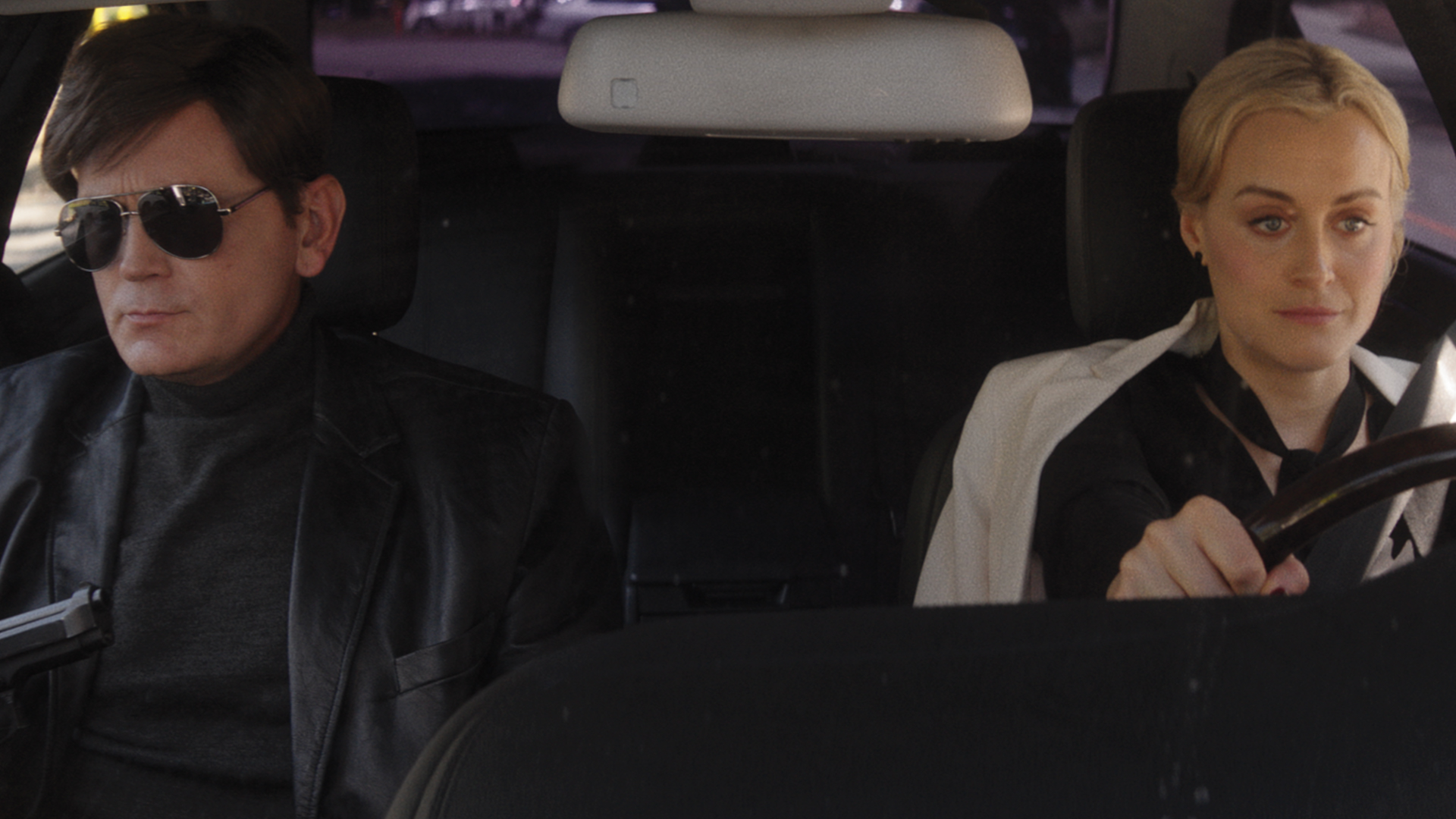
CM: The film is really a two-hander with Ray and Anna. How did Taylor Schilling get involved?
PH: She had done a movie with [executive producers Mark and Jay Duplass] called The Overnight. I had this script and thought of it as kind of a contemporary screwball comedy/film noir. And there aren’t too many actresses that are like that classically trained actress – glamorous, beautiful, statuesque movie star – who’s also hilarious and crazy. There used to be so many, there was Carole Lombard, there was Katharine Hepburn, Rosalind Russell, and on and on and on. [The Duplass Brothers] had a list of people who they had relationships with. And having been around the bend with all these scripts I’d written that didn’t get made, I knew how hard it was to cast when you’re going through agents and all that stuff. This was a thing where it was like, Here’s a list of actresses where we can just hand it to. This was such a good part we could be pretty much guaranteed that one of them would want to do it. And [Taylor] was my first choice and we sent it to her and she said yes. So that was it, really. It was pretty easy! [Laughs] This thing was super easy until getting into the post-production process, which was arduous and long. [As an actor] I’m used to finishing when we’re done shooting, but [post] goes on forever and it’s very involved and is the hardest part of it. But casting it, shooting it, prepping it, developing the script with the writer, it was a piece of cake.
CM: How long was the shooting schedule?
PH: It was 18 days. But it just so happened that the way the locations worked out, and there were some other breaks for other things, that we only worked three- and four-day weeks. So I was never over-taxed. I’m in every scene and I’m directing it, so I think that was really helpful for me to not be tired because it was exhausting to wear both hats all the time. So we shot it in 18 days, but over about a month.
CM: Like you said, post was difficult. Was it extra difficult being in every scene and editing your own performance?
PH: Almost exclusively for that reason. Do you know that movie Defending Your Life, the Albert Brooks movie?
CM: Yeah.
PH: You know, he goes to this place where before you go to Heaven or go be recycled back on Earth, you have to sit in a room and watch clips of yourself on-screen and judge every horrible decision you’ve made and have other people weigh in on it too and judge you. So I’m convinced – I have to ask [Brooks] this if I ever meet him – but that has to be where that idea came from. It was really masochistic on my part, and I didn’t foresee that. It was really painful for me. Not so much on the performance end, but sort of going through a midlife crisis and making a movie about a midlife crisis and then going in and watching it on a giant screen every day, that was really emotionally taxing on me. But the process of showing it to people and getting notes and making things just right, it really takes time. So I was in that headspace for like four months. Because it’s not the kind of movie where you could just cut it together really quickly. It has very specific rhythms and we had to find those. I had to find those with the editor Brian Scofield; I had to find those by showing it to friends of ours and other filmmakers; and then ultimately I had to find it with the composer Heather McIntosh, who wrote an amazing score. We’d basically have temp music in when the [test] audiences were watching it, and you don’t realize how powerful a tool music is and if you have the wrong tone it confuses people about what it is. The music was the last thing to go on, so until the music was there people liked the movie but they didn’t completely know how to react or what it was supposed to be. And that’s frustrating because you have it in your head. I very much had it in my head: It’s this. Why isn’t that getting through? And the music really helped, and we got to that– we shot it in April and May and we didn’t really finish the music until January. So that was a long time to get it right, it was a long and winding road.
CM: Was the Netflix deal in place when you started, or did they see a cut after post?
PH: No. Basically Mark and Jay have a deal with them and The Orchard. Mark and Jay self-finance, and then if [Netflix] likes the movie they can decide to come on or not. So we have The Orchard distributing it [on] VOD, iTunes, all that stuff May 2, and theatrical May 5. And Netflix is later on this year. So we get a nice little run before it goes to Netflix, where so many people see it obviously. But that happened because they liked the movie and the script, and I think that Taylor’s involvement really helped a lot obviously because she’s the star of one of their flagship shows. And actually I had some fans over there too, which helped a lot. I did an original movie with them called Rebirth a few years ago and I knew they were fans of Cheap Thrills, so it all worked out quite nicely.
CM: Is this your first time working with the Duplass Brothers? I feel like you guys must have crossed paths through the years.
PH: It is. Yeah, we know each other just from the business and festivals, but it’s my first time working with them.
CM: For any actor who has been thinking about directing but hasn’t taken the leap yet, what was an aspect of the process that you were most nervous about and how did it actually play out in reality?
PH: I was most nervous about– because it was a low-budget 18-day shoot, I couldn’t run to the monitor and watch myself. I just had to trust that I knew what I was doing and if it felt good, then I trusted that it was good. Sometimes it’s good even thought it doesn’t feel good, and I had really great people – Mel Eslyn my producer, Nate Miller my cinematographer – and everyone else that worked on the set who were able to tell me if it was good or not because I didn’t have time to stop and watch it. I think the big thing was I had eight months to work on that character where I had the script before we shot a frame. So I just prepared everything and knew the character inside and out and hired great people that I could trust to judge the performance. I think if you’re going to do that, I suggest you really take a lot of time and know that character inside and out and know every line word-for-word so that on the day you can just play. And everything else will just fall into place because you’ve done all the prep on the directing side.
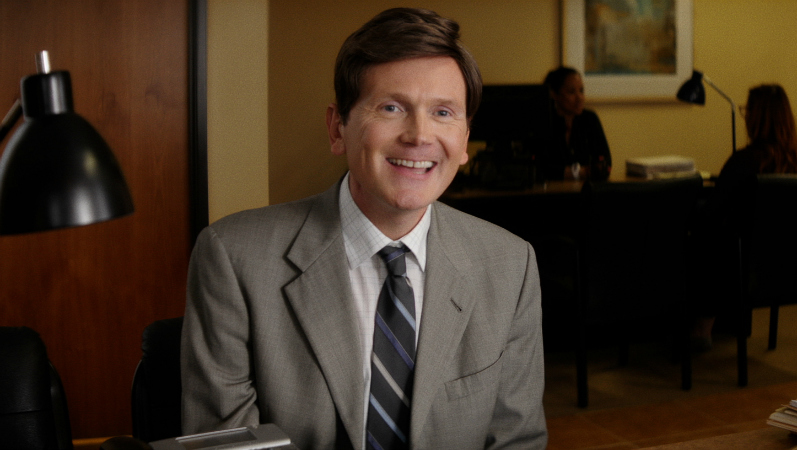
__
Thanks to Pat Healy for talking with us about TAKE ME.
If you’re an independent filmmaker or know of an independent film-related topic we should write about, email blogadmin@sagindie.org for consideration.

